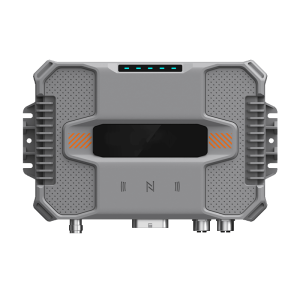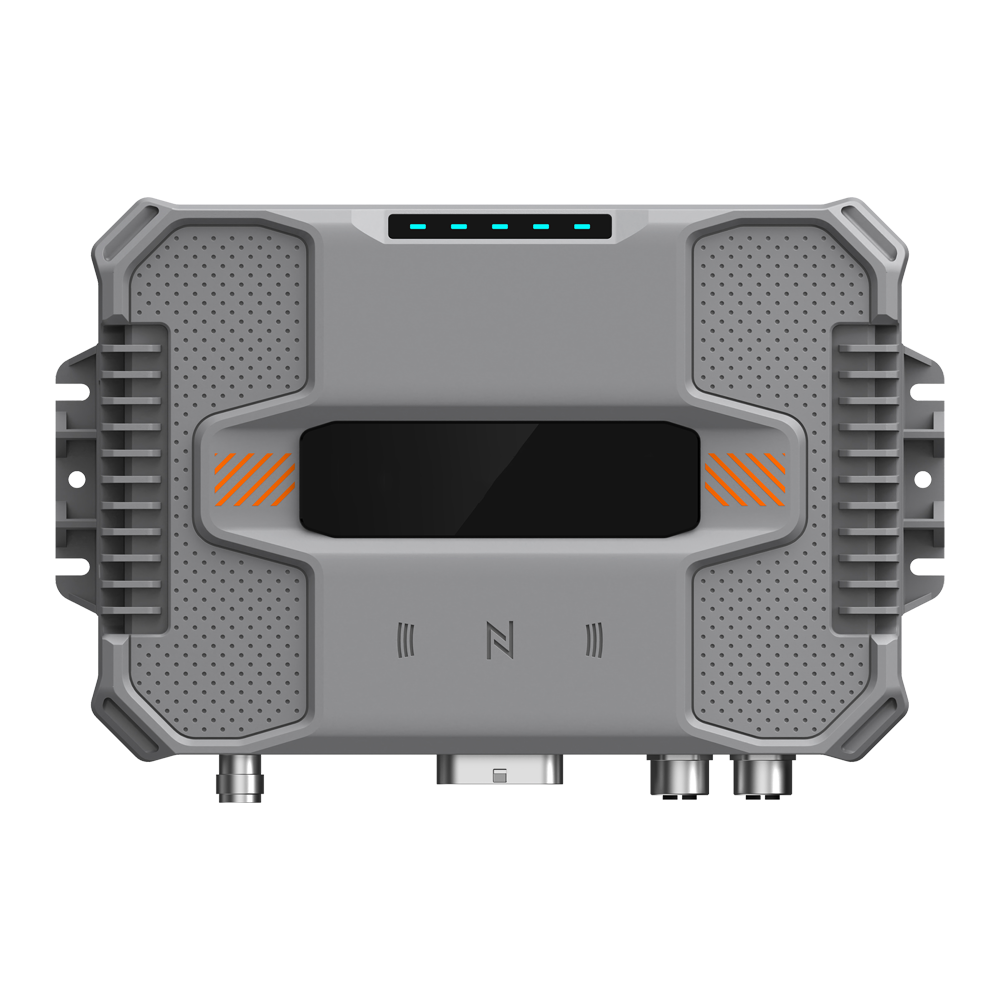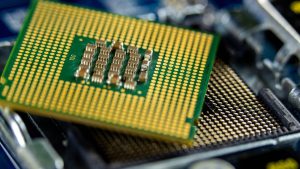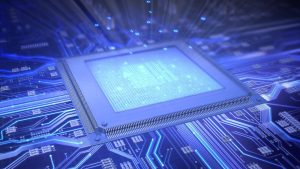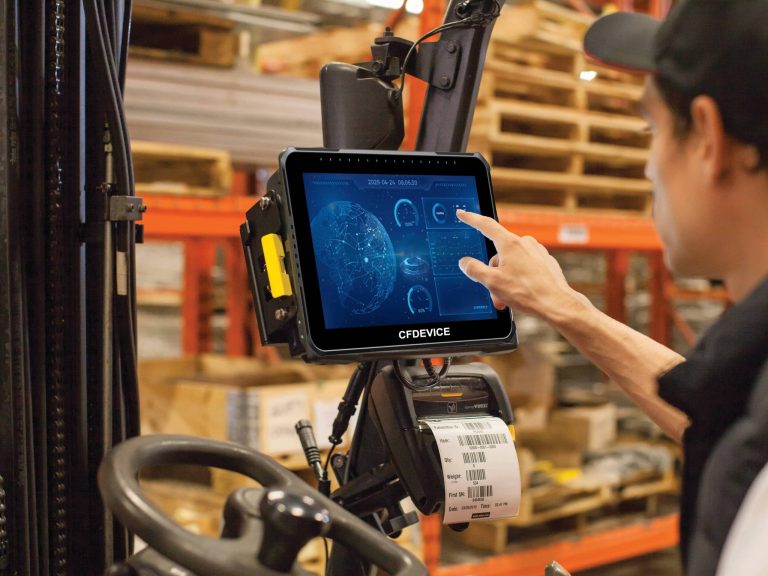An embedded computer is a specialized computing device designed to perform specific functions within a larger system or product. Unlike general-purpose computers like desktops or laptops, embedded computers are typically dedicated to a particular task or set of tasks. They are often integrated directly into other devices, equipment, or machinery to control and monitor various functions.
Embedded computers come in various forms, ranging from simple microcontrollers with minimal processing power and memory to more complex systems-on-chip (SoCs) or single-board computers (SBCs) capable of running sophisticated software applications. They are commonly found in a wide range of applications, including consumer electronics, automotive systems, industrial automation, medical devices, and more.
One of the key characteristics of embedded computers is their reliability and efficiency. They are optimized for specific tasks, which allows them to operate with minimal power consumption and space requirements. Additionally, embedded systems are often designed for real-time operation, meaning they can respond to input and produce output within strict timing constraints, making them suitable for applications where timing and responsiveness are critical.
Overall, embedded computers play a vital role in powering the functionality of countless devices and systems across various industries, enabling automation, control, and connectivity in today’s interconnected world.
